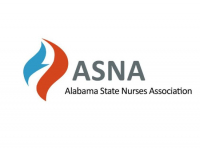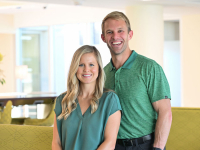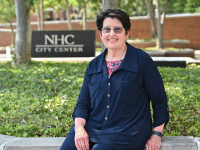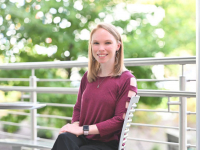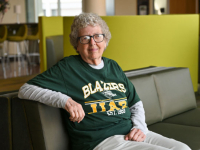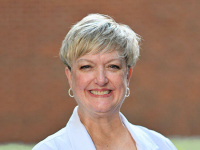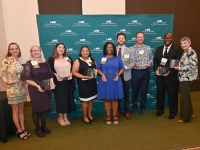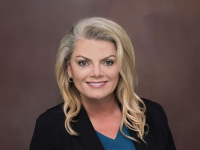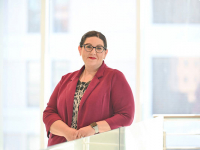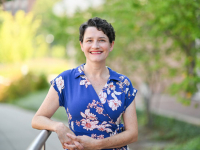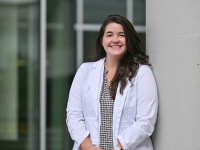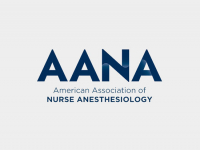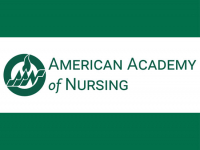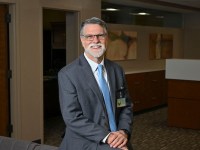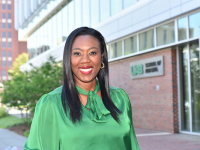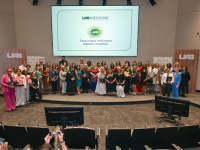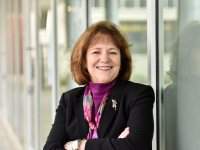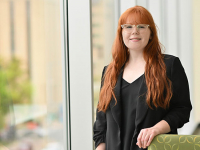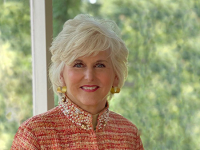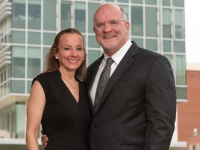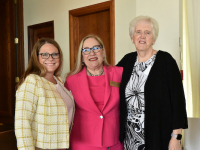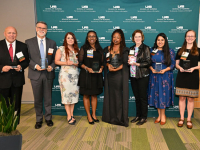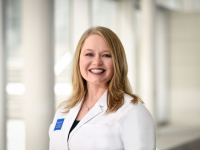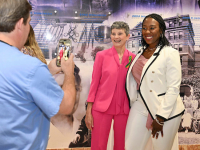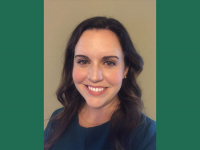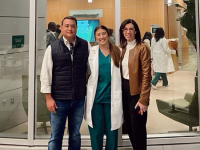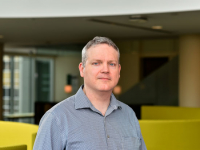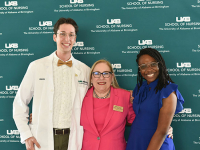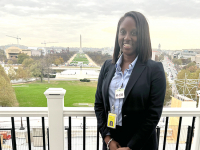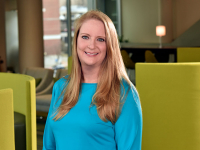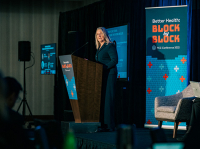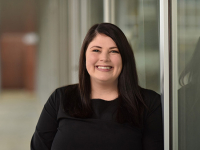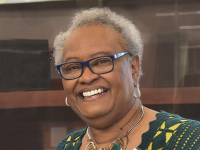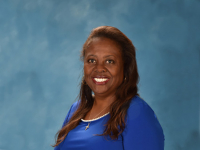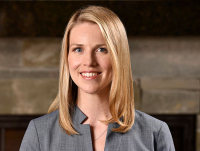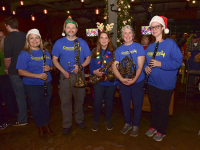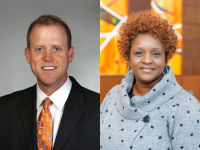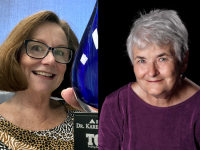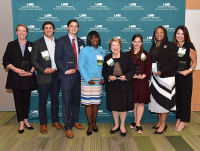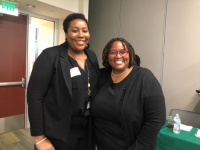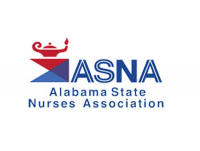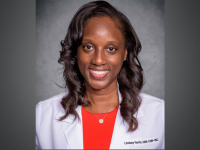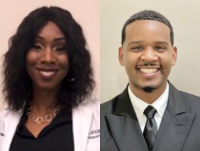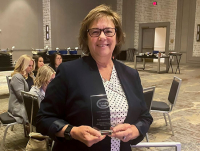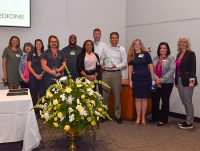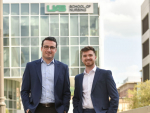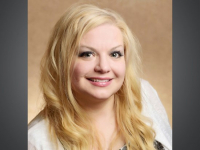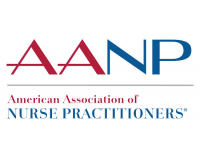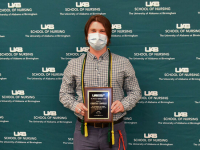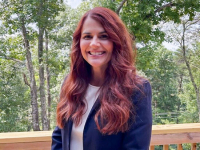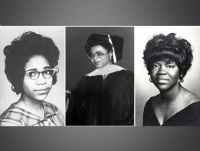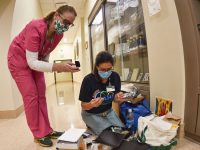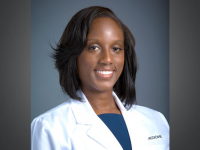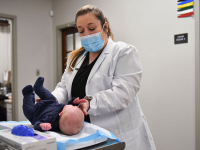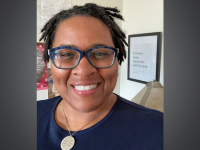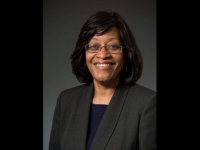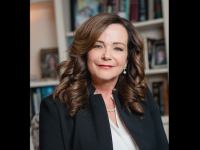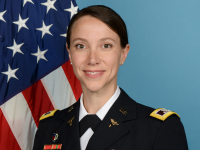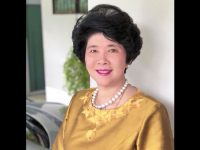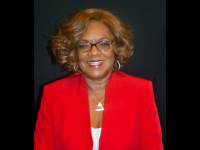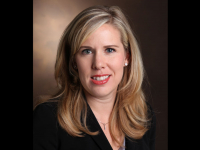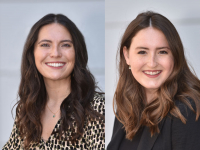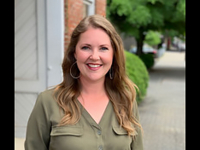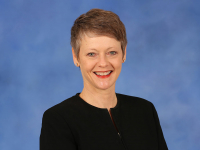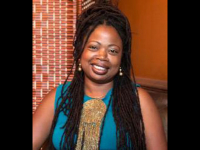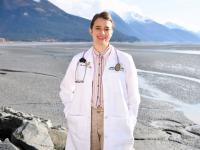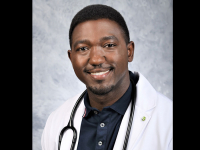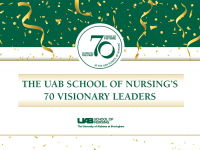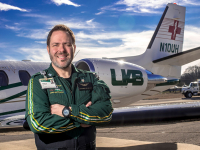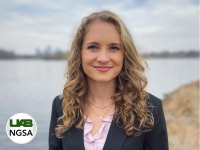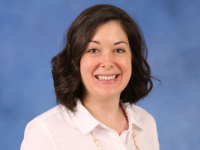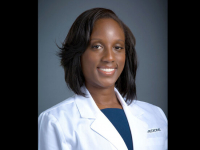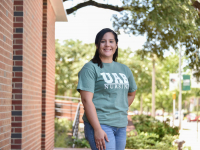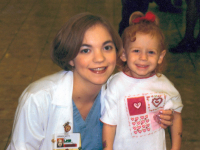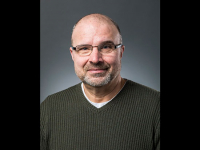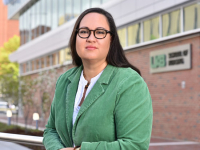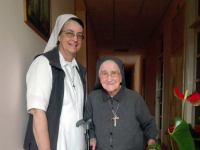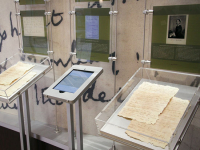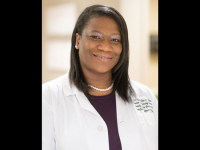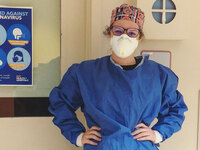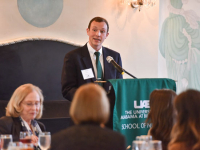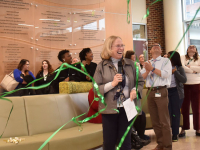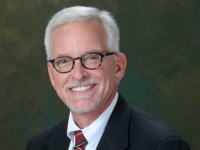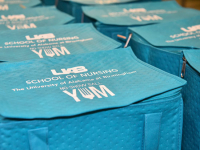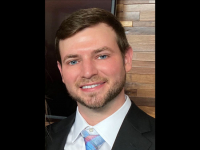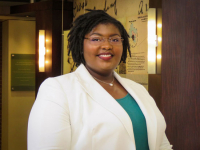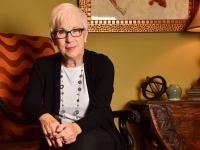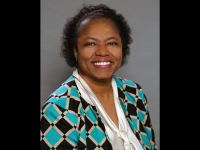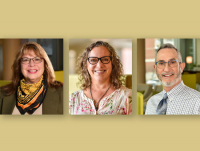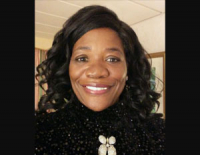 Corey LoftonBy Erica Techo
Corey LoftonBy Erica Techo
Corey Lofton is a great fit for the UAB School of Nursing’s PhD program. He’s motivated and detail-oriented, and he has a passion for the topic he intends to study, according to his mentor Karen Heaton, PhD, CRNP, FNP-BC, FAAN. He is also an example of how there is more than one path to a PhD.
“Nursing is a second career for me,” said Lofton, who started the PhD program in August. “I was in the beauty and wellness industry for 19 years. My family owned several cosmetology schools in New Orleans when I was growing up and I was expected to carry on my family’s legacy. After the death of my father, however, I decided it was time to do something that I wanted to do, and I went to nursing school.”
Lofton graduated with his Associates Degree in Nursing from Gadsden State Community College in 2015 before entering the UAB School of Nursing’s RN-Mobility Program for his Bachelor of Science in Nursing. He worked as a nurse in the intensive care unit of UAB Hospital while pursuing his BSN and graduated with honors in August 2018.
He is also the first mobility student to go from BSN to PhD.
“It might take a little longer to reach a PhD from an ADN, but Corey is a perfect example of why you should not count yourself out for those possibilities,” said Heaton. “He has a natural urge to learn and to do more for patients and families, and he is certainly very skilled and intelligent. He’s also bringing with him a lot of motivation and grit that will carry him through this rigorous program.”
The School’s RN Mobility Program prepared him for research, Lofton said, as did his involvement in the honors program. He was recently selected as a Robert Wood Johnson Foundation Future of Nursing Scholar, and funding from the program will support his studies.
Lofton plans to research the symptoms patients with demyelinating diseases, such as multiple sclerosis and transverse myelitis, experience in order to positively impact health care and patient care.
“Multiple sclerosis is a chronic disease that hits home with me, and in many cases, transverse myelitis is a precursor to a later diagnosis of MS,” Lofton said. “If an initial attack is determined to be idiopathic transverse myelitis, sometimes, but not in all cases, it can take years for someone's diagnosis to be changed to MS. Nurses can be patient advocates and detect early warning signs/symptoms to aid in the diagnostic criteria and treatment before severe damage to the nervous system starts.”
 Karen Heaton“It isn’t enough just to have medical treatment for demyelinating disease,” Heaton said. “We may be able to provide medications for symptoms, but the patients will still have the demyelinating disease. As nurses, we can help them learn how to live with the disease, and to live in the best way they can.”
Karen Heaton“It isn’t enough just to have medical treatment for demyelinating disease,” Heaton said. “We may be able to provide medications for symptoms, but the patients will still have the demyelinating disease. As nurses, we can help them learn how to live with the disease, and to live in the best way they can.”
In addition to support within the School of Nursing, other resources at UAB will be beneficial to Lofton’s research.
“I remember when I first graduated from my ADN program, I had always wanted to be a UAB nurse and it was a natural progression to come to UAB because of the University’s reputation and the reputation of the School of Nursing,” Lofton said. “UAB also has one of three transverse myelitis clinics in the world, so what could be a better place to embark on this journey?”
UAB’s unique access to resources only found in an academic health science center are definitely a plus for Lofton’s research, Heaton said, and why UAB is an outstanding choice for those seeking a PhD in nursing.
“Because UAB is one of the few centers for the study of demyelinating diseases in the United States, there is a relatively large population of patients who interact regularly with the UAB Health System for care,” Heaton said. “We also have specialized programs that target these kinds of diseases, partnerships with the Lakeshore Foundation, our own UAB Spain Rehabilitation Center and an interprofessional group of clinicians and researchers. All of that is in one place, which would not happen outside of an academic health science center, which also can be said of research resources for many of our PhD students. What we can offer here is second to none.”
The School’s PhD program is demanding, and Heaton said it typically takes four to five years of full-time study and research immersion to complete the degree. Because they are unable to work, full-time PhD students are provided funding from a variety of sources, including fellowships, scholarships and teaching assistantships, to cover the costs of tuition and modest living expenses.
Lofton is fully funded through his Robert Wood Johnson Foundation Fellowship, and part of the fellowship requirements is completion in three years.
“It is daunting, but the payoff at the end — the ability to literally change the world as we know it — is amazing,” Heaton said. “PhD-prepared nurses change the practice of nursing and change the way that patients and their families experience diseases. The best reason for getting a PhD in nursing is that the science we generate literally changes populations of people for the better.”
And that’s exactly what Lofton plans to do.
“The opportunities at UAB are endless as long as you put your best foot forward and make the most of every experience. I’m looking forward to paving the way for students who follow behind me, to putting my stamp on health care from a nurse scientist and research perspective. The possibilities are endless at this point,” Lofton said.

